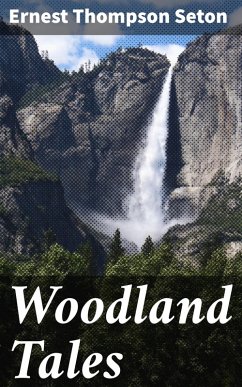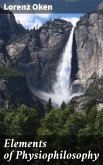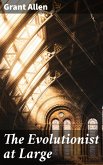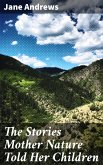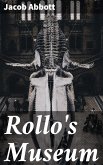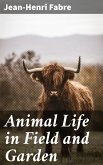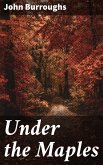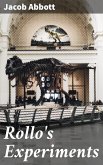Woodland Tales is a book by Ernest Thompson Seton. Seton was an English-born Canadian-American writer, wildlife artist, and founder of the Woodcraft Indians, delving here into American Indian folk tales and instructive information about the plants and animals of the United States.
Dieser Download kann aus rechtlichen Gründen nur mit Rechnungsadresse in A, B, BG, CY, CZ, D, DK, EW, FIN, F, GR, H, IRL, I, LT, L, LR, M, NL, PL, P, R, S, SLO, SK ausgeliefert werden.

